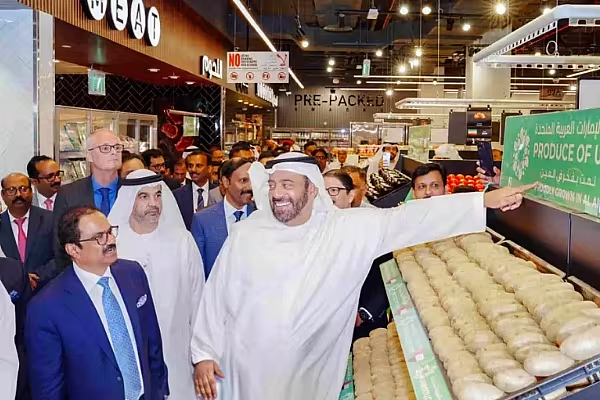When Qatar was cut off by four countries a year ago, people weren't crying over spilt milk, but a lack of milk – and other food products – altogether.
A year on, and the small Gulf country has reportedly weathered the economic boycott, with big increases in local food production.
Qatar previously relied heavily on food imports, mostly from neighbouring Saudi Arabia, Bahrain and the United Arab Emirates.
In June last year, those countries, along with Egypt, severed diplomatic and economic ties with Doha, accusing it of supporting terrorism, which the country denies.
Local Crops
"The Gulf crisis last year redrew the map of food security in the country to focus more on local crops," commented economic analyst Abdelrahim Al-Hour.
According to one government official, while Qatar was once dependent on Saudi Arabia for the bulk of its milk and dairy, local production now covers around 80% of market needs.
The same official claimed that production at Qatari farms increased by 300% over 2017.
Analysts say that the Gulf row has failed to isolate Doha, and diplomats say that no side shows signs of backing down, meaning that Qatar could be relying on local food for the foreseeable future.
News by Reuters, edited by ESM. Click subscribe to sign up to ESM: European Supermarket Magazine.











